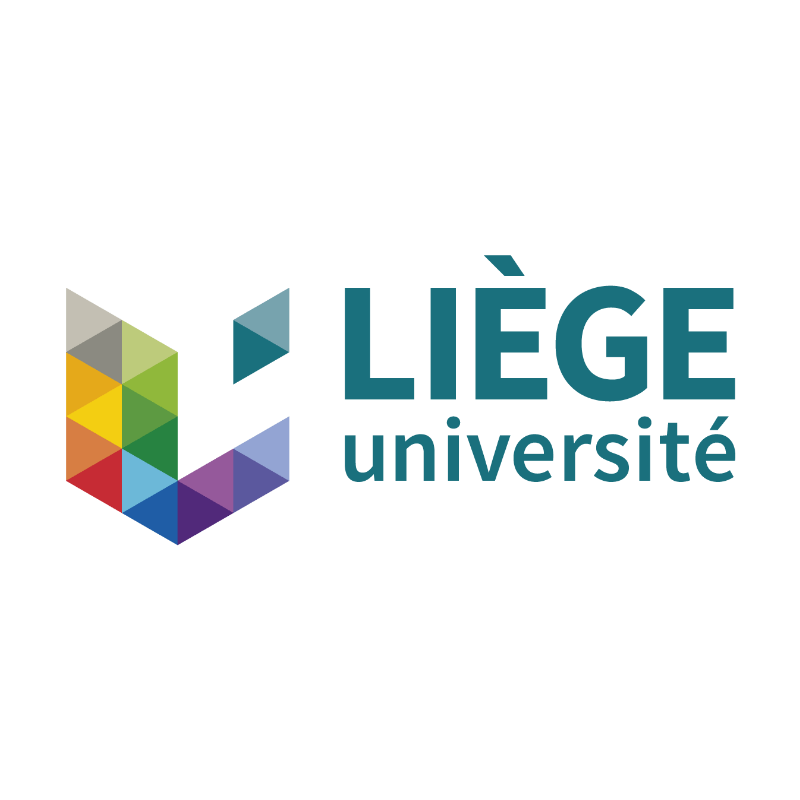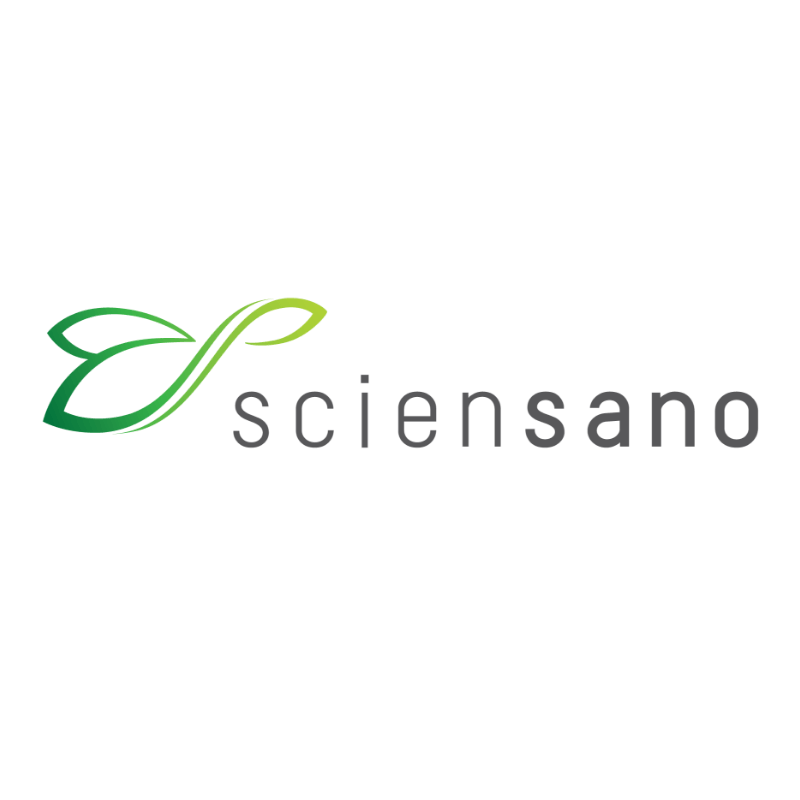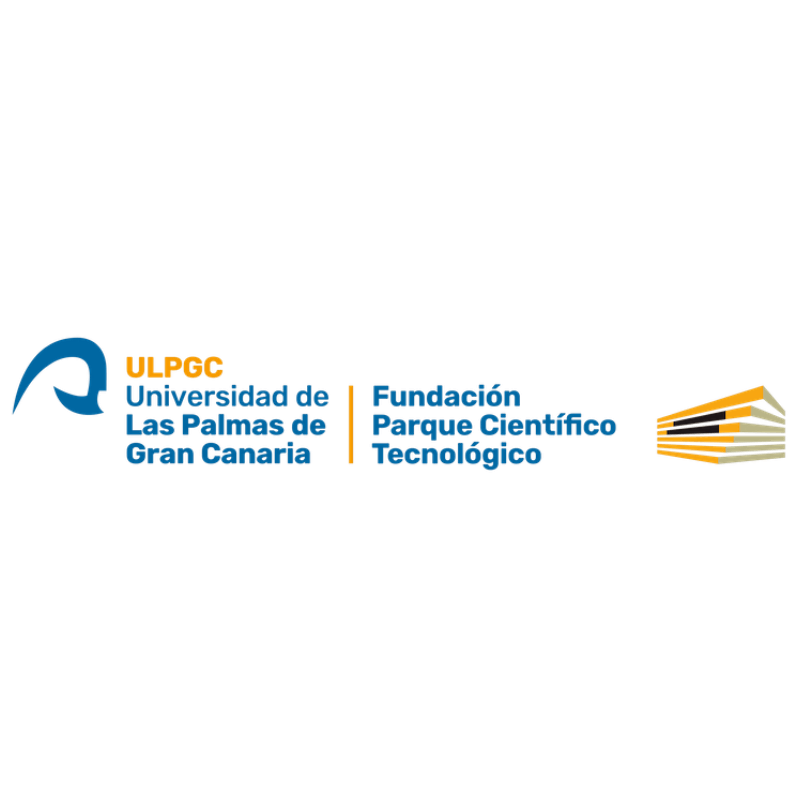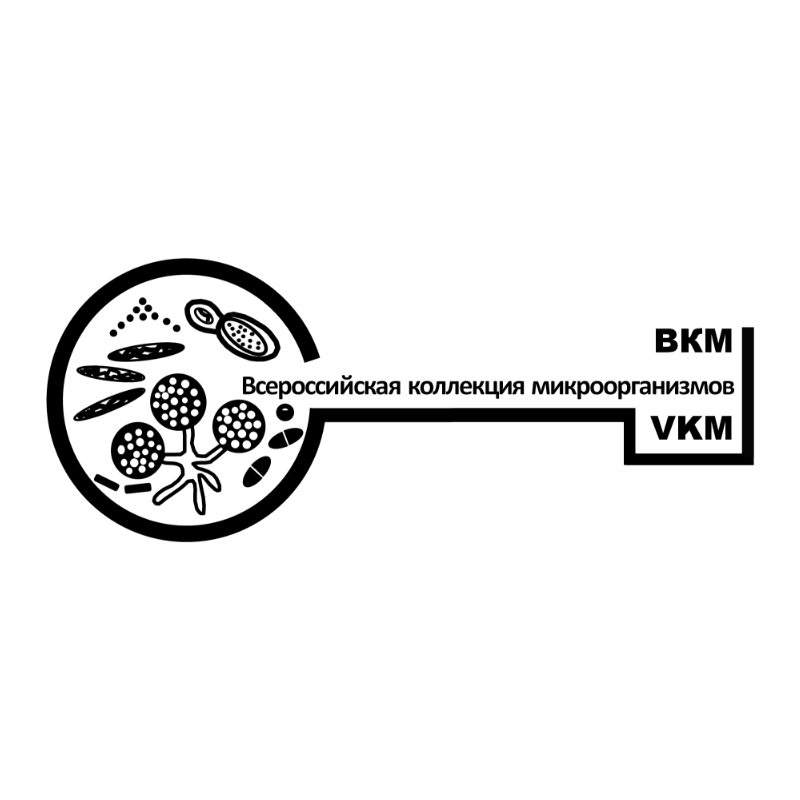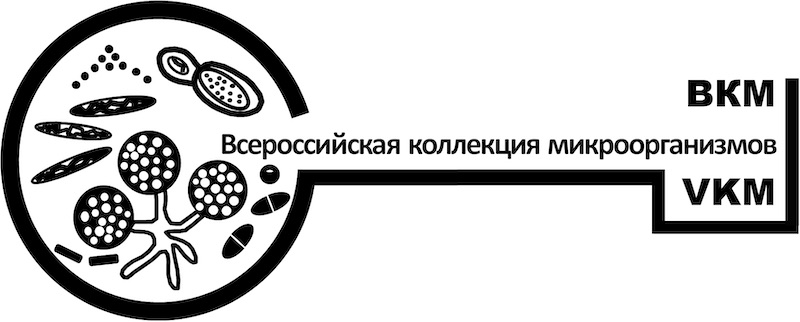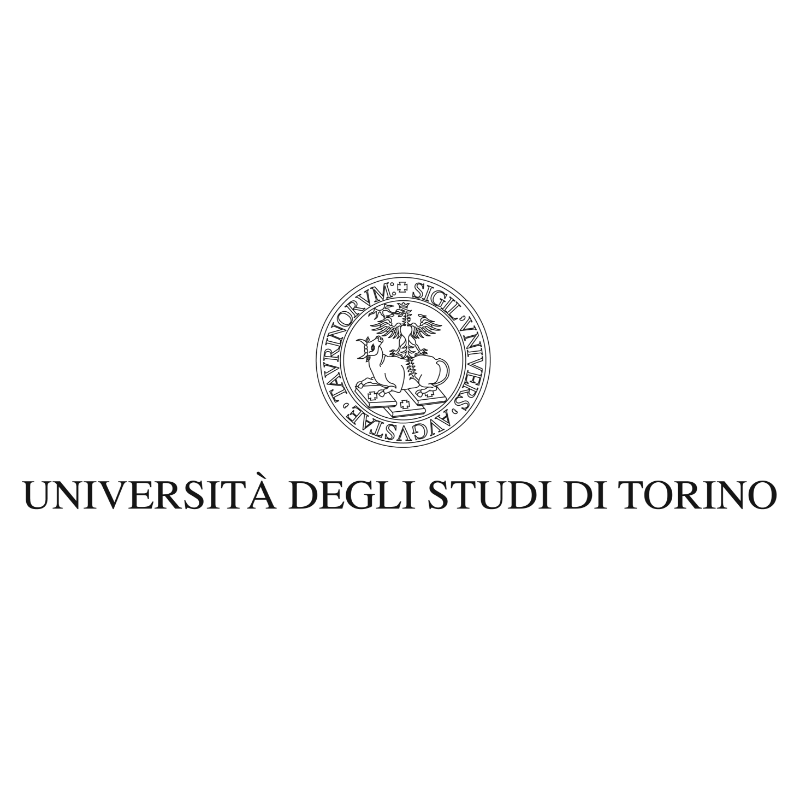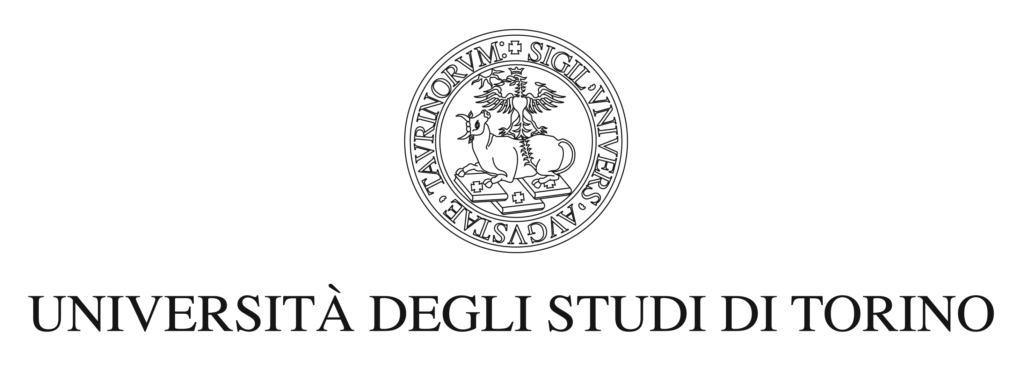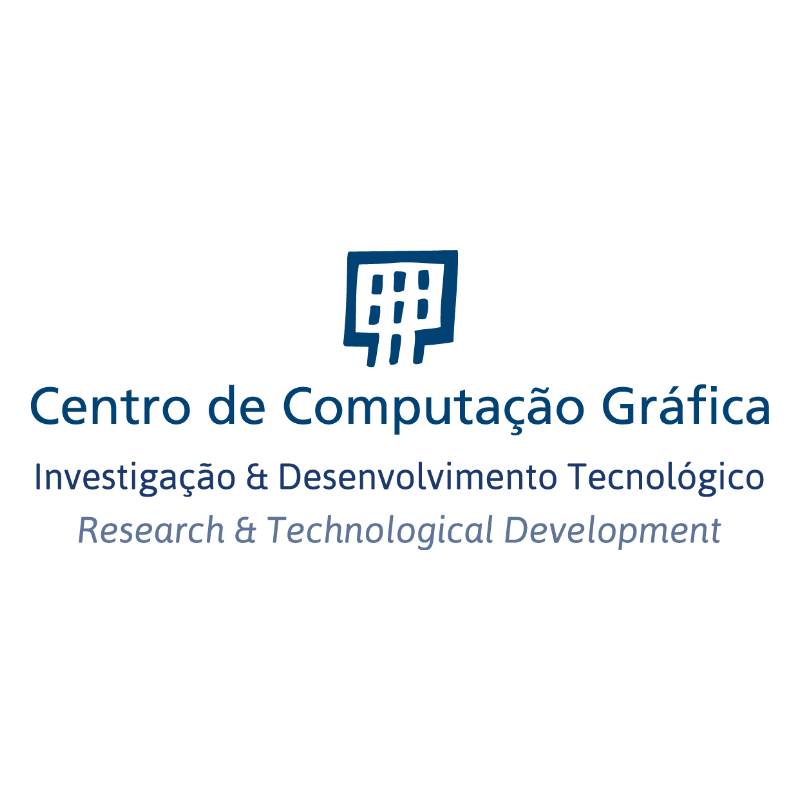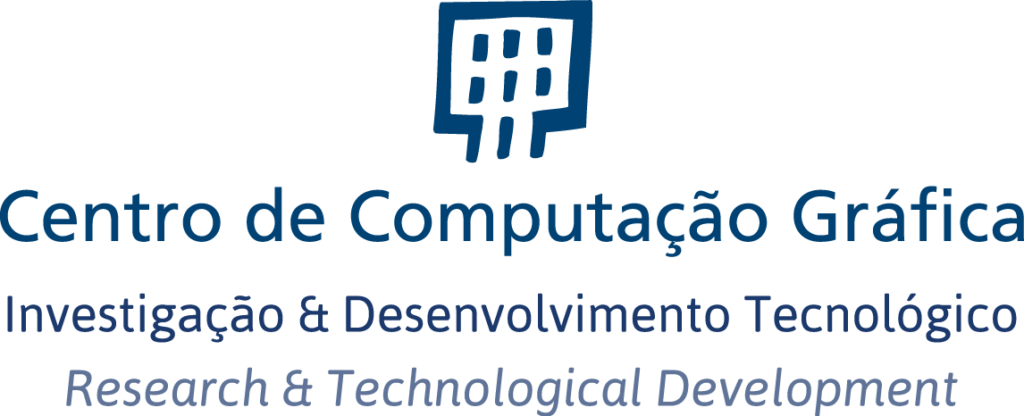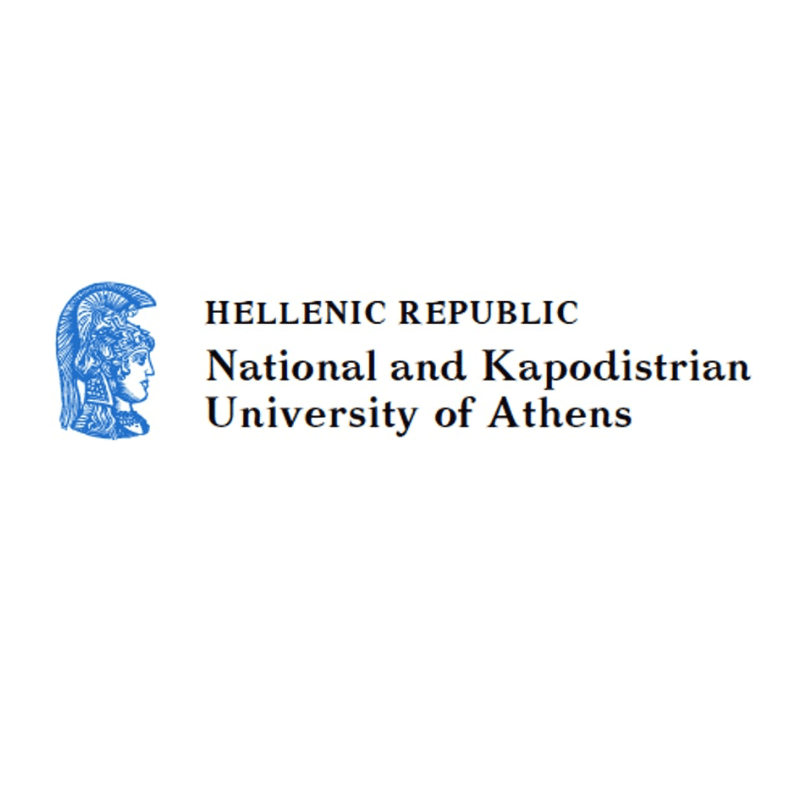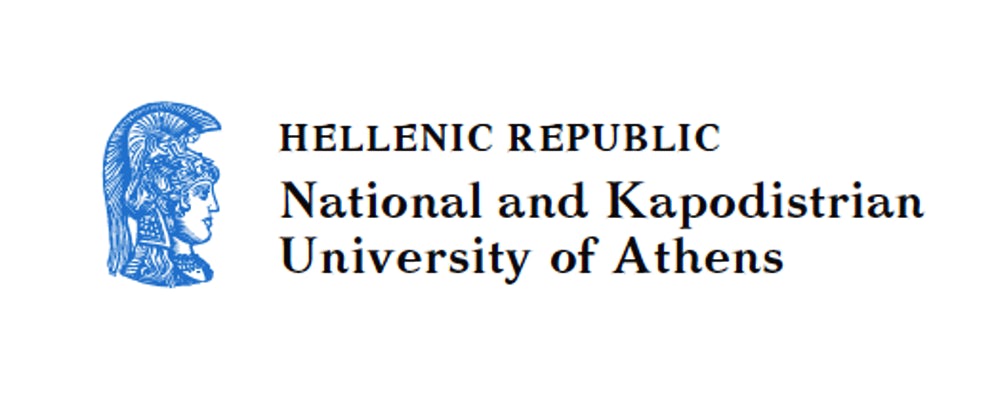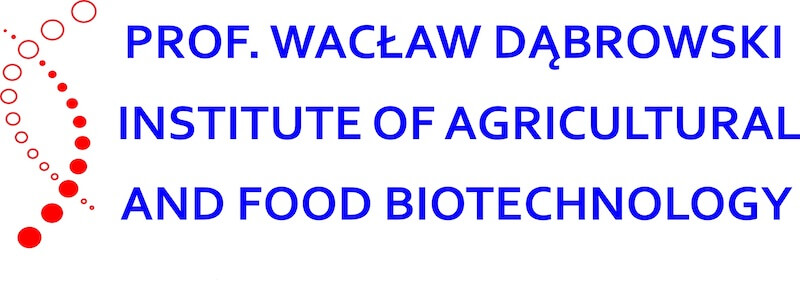Institute of Agricultural and Food Biotechnology (IAFB) is a research institute under the supervision of the Ministry of Agriculture and Rural Development. The Institute’s headquarter is located in Warsaw with over 600 accredited test methods, supports research from the most basic or fundamental aspects of food and feed sciences to the technological developments, communication and education services (including training) in the agricultural and food biotechnology field. IAFB carries out research in food sciences and agriculture, environmental protection, bio economy throughout its 12 specialised research departments. The Institute’s fields of activity also include many sectors of the agri-food industry, including yeast industry, distillery, viticulture, acid production, brewing, chilled food, sugar, meat and fat, and the production of microbiological preparations (enzymatic, probiotic, starter cultures and others). The main research topics are Security and food quality, Innovations in food production, Microorganisms for the agro-food sector and Effective resource management and limiting food wastage.
The Institute is one of the main institutions in Poland that provides agriculture, food industry and universities with pure cultures of microorganisms. Identified and characterised bacteria, yeast and filamentous fungi from the Collection of Industrial Cultures are available in the form of pure cultures for research at universities throughout the country. The collection includes yeast (bakery, distillers, wine, brewing, fodder), filamentous fungi (producing enzymes, vorganic acids) and bacteria (lactic, acetic and dextrans formation). These strains are used by industry and other scientific and research institutions in the country and abroad. IAFB has the status of a national and international microbial deposit authority, which is the subject of patent applications. The collection is registered in the World Federation for Culture Collections (IAFB 212), and since 1992, belongs to the European Culture Collections’ Organization (ECCO). The IAFB collection adapts and introduces the standards proposed by WFCC, and the updated data are sent to the World Data Collection of Microorganisms database (2013/2017).


